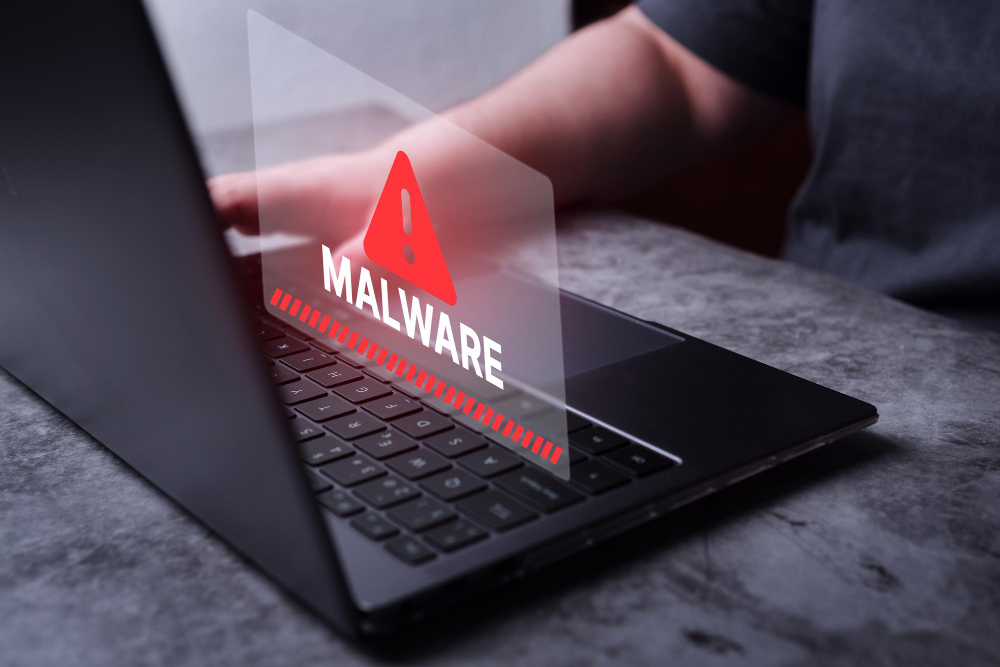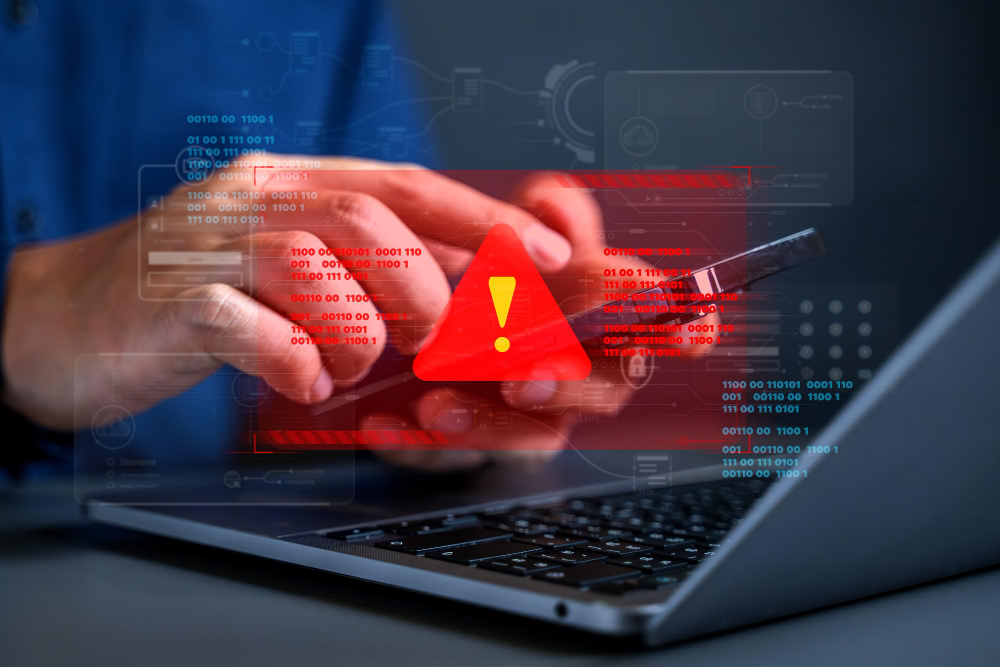In the digital age, where our lives are intertwined with online services, managing passwords safely and securely has become increasingly important. The widespread prevalence of cybercrime, including data breaches and identity theft, underscores the need for robust password management. Here’s how you can safeguard your digital presence from hackers.
1. Use Strong and Unique Passwords
Start by creating strong and unique passwords. Ideally, a strong password should include a combination of uppercase and lowercase letters, numbers, and special symbols. The longer your password, the stronger it is. Avoid predictable sequences and common passwords. Each account should have a unique password. Using the same password for multiple accounts creates a security risk because if one account is compromised, all accounts become vulnerable.
2. Leverage Password Managers
Remembering a unique and complex password for each of your online accounts can be challenging. This is where password managers come into play. Password managers like LastPass, 1Password, and Dashlane can store your login information for all the websites you use and help you log into them automatically. They encrypt your password database with a master password – the master password is the only one you have to remember. Most also include password generators, which create strong, randomized passwords.
3. Enable Two-Factor Authentication
Two-Factor Authentication (2FA) adds an extra layer of security to your accounts. When enabled, you need to provide two pieces of evidence (factors) when logging in. This usually combines something you know (like a password) with something you have (like a code sent to your phone). Even if someone else obtains your password, they would still need the second factor to access your account.
4. Regularly Update Your Passwords
Even the strongest passwords can be compromised, so it’s a good idea to change your passwords regularly. Don’t wait for a breach to happen to change your passwords. If you’re using a password manager, changing passwords is a less daunting task because you only need to remember the master password.
5. Be Aware of Phishing Attacks
Phishing attacks are designed to trick you into providing your login credentials. Be cautious with emails or websites that ask you to enter your password. Always verify the source before entering your password. Most browsers have tools to protect against phishing threats.
6. Use Secure Networks
Avoid entering passwords when using unsecured Wi-Fi networks, like at a cafe or airport. Hackers can easily intercept data over public networks. If you have to use a public network, use a VPN to secure your connection.
In conclusion, the importance of password management cannot be overstated in our increasingly digital world. Taking proactive steps to manage your passwords safely and securely can protect you from the rising threat of cybercrime. Regularly updating passwords, utilizing password managers, enabling two-factor authentication, and being vigilant against phishing attacks are some of the ways to fortify your digital presence against hackers. The time and effort spent implementing these measures are small compared to the potential loss and distress caused by cyberattacks. Stay safe online by giving password security the attention it deserves.




